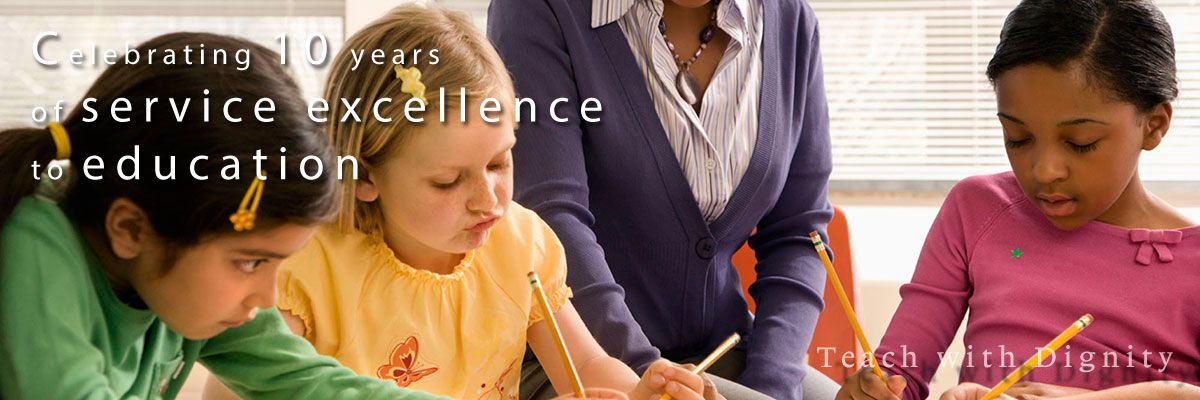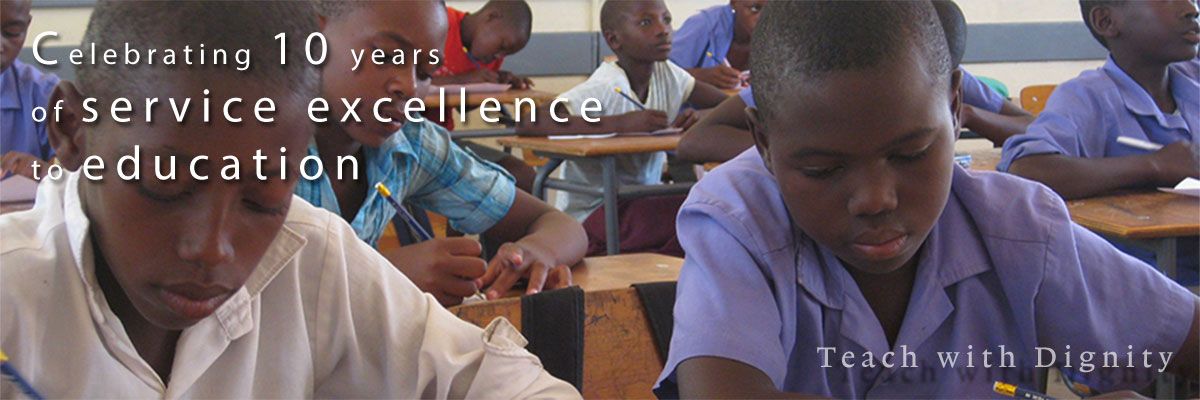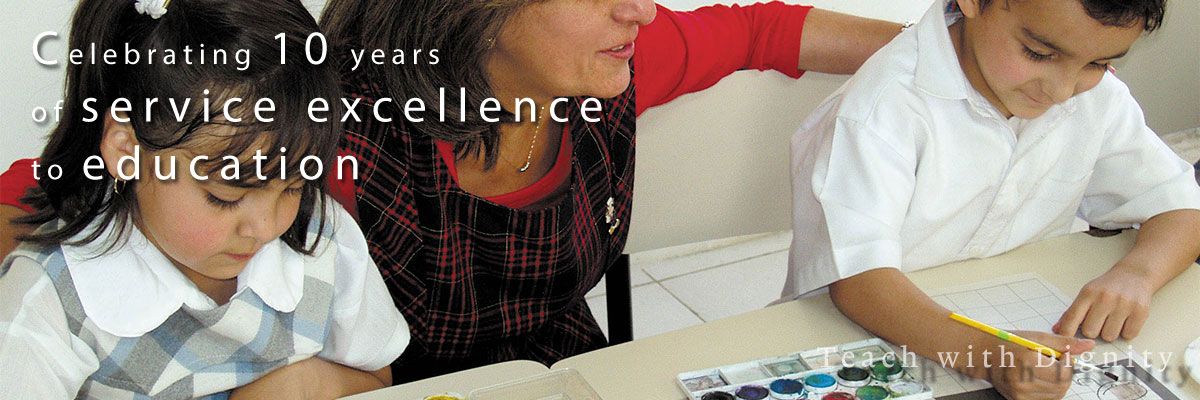NAPTOSA embraces and supports the intention of the IIAL policy and acknowledges that multilingualism is an important tool for social cohesion, and for individual and social development.
The implementation IIAL will commence in 2015 in Grade 1 and will be introduced incrementally until 2026 when it will be introduced in Grade 12. The implementation will be preceded by a pilot in 2014 in Grade 1.
Recent media reports create the impression that the only comment being made about the IIAL is that teachers will have to work longer hours and learners will have a longer school day. There are a number of additional issues which concern NAPTOSA. Some of these are set out below.
Curriculum Overload.
The subjects (learning areas) in the intermediate phase were recently reduced on account of the curriculum being overloaded. NAPTOSA is concerned that the introduction of a third language will reverse the situation and also lead to overload in the other phases.
The demands of learning a third language.
NAPTOSA questions the wisdom in offering a third language at First Additional Language (FAL) level. Will young learners be able to cope with three languages at such an intense level? Would it not be prudent to introduce a third language at a communicative level instead?
Selection of an African language.
In some urban schools a number of African languages are spoken by the learners and no particular language enjoys a clear majority. Such situations will require careful management on the part of the SGB to ensure that the language choice does not become a source of discontent and division in the school.
Provision of teachers.
Teaching a language requires specific skills and training. Will the DBE be able to train sufficient teachers? Is there adequate funding to train these teachers? An additional challenge will arise if teachers are taken out of schools for extended periods for training.
Time implications.
The IIAL will increase the instructional time as follows: two hours per week for grades 1 & 2, three hours per week for grade 3 and five hours per week for grades 4 to 12.
Some of NAPTOSA's concerns are: the extra time demanded from educators, the fatigue experienced by younger learners, the availability of taxis to transport learners when the taxis are transporting workers at the end of the day, the challenge for schools that close early on a Friday to accommodate Muslim learners (who are already working longer hours earlier in the week) to make up time lost on Fridays and the negative impact the extended school day will have on the extensive extra-mural programme offered by many schools.
NAPTOSA has committed itself to submit a detailed comment in response to the DBE call for comments by 12 February 2014. Members are urged to submit any comments on the draft policy to their NAPTOSA provincial offices.







